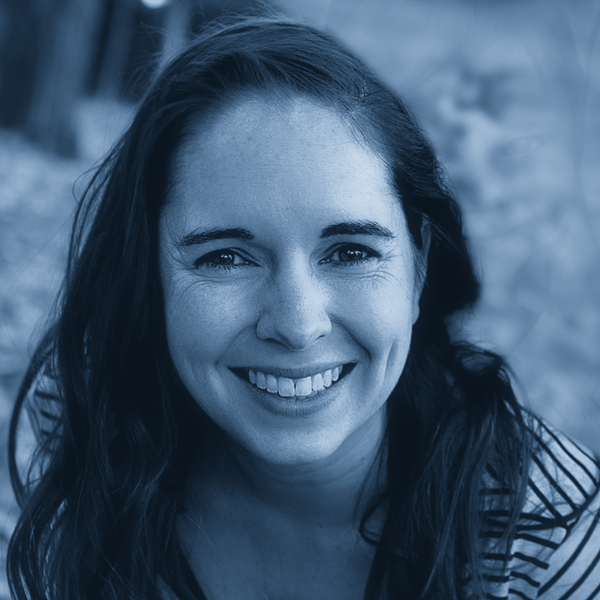What began as a small activity in jewelry-making at last year’s ‘Arts Night’ at Elmira District Secondary School has now turned into “Imagine a Cure,” a school-wide fundraising initiative with all proceeds going to the Brain Tumour Foundation of Canada.
That first night, Lynn Pavlik, the head of the art department, taught a group of students how to make necklaces out of just a few pieces of glass. One student, Tori Koller, paid especially close attention. Koller, a Grade 12 student, saw the jewelry-making as a unique opportunity and has spearheaded a fundraising project in support of her father, who has been battling brain cancer for going on a dozen years.

Koller approached Pavlik and the two set out together to make this idea more than simply a small class project, enlisting the help of both the Grade 10 and 11 art classes to make the necklaces in bulk. Led by Koller, the students cut out the glass shapes, layered the design, baked the shapes in a kiln, fastened the backing, set up a table outside their school cafeteria, and sold the necklaces to their fellow students and teachers.
“The students really put a lot of time and effort into this project – they were coming in over their lunch periods to work on their necklaces,” said Pavlik, noting that she has enjoyed the opportunity to relate to her students outside the classroom. “When we are working together on this project, it feels like we are a team – not like we are a teacher and a student.”
This month, Koller is sending a cheque to the Brain Tumour Foundation for $365. In the past, Koller has sold bracelets and gathered pledges to walk in the Oktoberfest parade in order to raise money for the organization.
“I try to do something every year, and sometimes it is tough to come up with ideas, so when this opportunity came, I had to take it,” she explained. “It worked really well and I had help from lots of friends and other students at the school.”
Pavlik also hopes that her work at the school will have a greater impact than solely in the classroom. In past years, she has made and sold crafts with her class to raise money for Darfur. The current project, however, has a much more personal connection for the students.
“All the students know Tori now, so they have really run with this project and worked hard at it.”
Koller’s father has been battling cancer for more than a decade and has endured several surgeries and countless rounds of radiation and chemotherapy – procedures that have taken a toll on his family, said Koller, noting her younger brother, now 13, cannot remember a time in his life where his father did not have cancer.
“It costs a lot of money, and it is hard on him so it is hard on our family,” she added. “It would be different if it was a friend or a more distant relative, but it’s my dad. He is so important in my life – it is very tough.”
But Koller’s family, as well as others at EDSS, has found refuge through the Brain Tumour Foundation, a service for which she is extremely grateful.
“The Brain Tumour Foundation has helped my family in so many ways I can’t even name. I have just applied to college this year – I am moving onto the next step in my life and my dad is still here to see it.”
The organization provides support to people who have previously or who are currently experiencing the effects of cancer, as well as their families, by offering discussion groups and a call centre, among other services.
“My dad said that this kind of thing keeps him going some of the days because he knows that people are out there watching out for him.
“I am lucky. I still have my dad. Some people are not as lucky as me, so I will do what I can to give back.”







